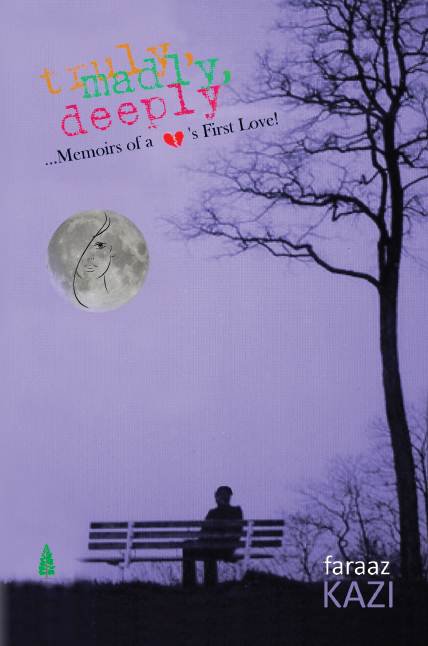Guest Expert: Jim Magwood
So You’ve Written a Book. Now What? Part 1
Okay, we’re on our way to making this manuscript you’re writing the very best book you possibly can. Make that little phrase your mantra as you go along. Publishers literally have hundreds of manuscripts cross their desks daily. Why are they going to look at yours?
You are ultimately going to be choosing a publisher and they are going to have some variety of services they provide. Of course, you will pay a very different price at each of these publishers based on which services you purchase. However, the point is YOU will need to be sure you are getting what you want to make YOUR book successful.
A caveat: Who is responsible for making your book the very best it can be? YOU are. You may have a great and loving publisher (yes, there are some) and the world’s best editor and graphic artist, but, YOU, my friend… It’s YOUR book. YOUR baby. YOUR work of a lifetime. It’s up to YOU to make it excellent. Nobody else.
How do you start finding a publisher? That begins with first determining what kind of book you have and what you want to do with it. If you’ve written a book for your family and friends, then you want a publisher who will help you clean up your work and put it in the best possible shape without costing you a fortune. (This could, for instance, be a printing company downtown.)
If, however, you’ve written what you hope will be a New York Times bestseller and you’re hoping for millions to sell world-wide, then you want some quality publishing professionals on your team. And, you may have to pay for that, big time. So, let’s start with the two main ways you will go about finding a publisher.
The first way is to go looking on your own. Initially this means you are going to do a lot of research for the types of publishers who will handle your type of work (children’s nursery rhymes, mysteries, romances, etc.) and then you will start on a major letter writing and mailing campaign. But, remember one thing: Most publishers today don’t even accept unsolicited manuscripts. Nice thought, huh?
Ah, but there’s another way—an easier way. You will hire an agent to do all that for you. Agents know everybody, right? Well, yeah, maybe. But how are you going to find that agent in the first place? Read the paragraph just above this one and insert the name “agent” wherever you see the name “publisher.” That’s how you will go about it.
Michael Hyatt of Thomas Nelson Publishers has written a guideline for writing a book proposal (or query letter.) It’s very extensive and detailed and can give you a wealth of information in preparation for sending your manuscript (or proposal) to agents and publishers. It is very good, so check it out.
Next, what type of publishing firms are there? First, there is the “self-publishing” publisher. This is one that will offer you some amount of services, usually for which you will pay an increasing amount for each next step they help you with. Pay as you go for each step and they will print what you give them. You will probably do all your own marketing. There are many good, small, self-publishing firms, and many you will want to run from. Buyer beware. If you have any questions or concerns, Google the company and see what is being said about them.
The other main type is the full-scale publisher. Names like Bantam, Random House and so on come to mind. The first thought here is that you will usually need an agent to get in these doors. And, with the declining economic situation these days, many of these old, established publishing houses are cutting back in a major way. Most of these publishers will not charge you anything to publish your book. They take the risk of it selling well and recovering their costs, and profit, on sales.
The third type of publisher is what is called the “participation” or “partner” publisher. This is one that is often looking for new authors and who will then charge you only a small part of the expected total cost of doing the publishing work (maybe 20-25%). These publishers will usually have full, professional staffs of editors and graphics people, will have completely professional printing facilities, and will often do some amount of marketing for you. You might be asked to “participate” with an up-front amount of $4-5,000. They are taking the risk that they have found a potentially good and profitable author and they will make their profit from your on-going future sales.
There are an amazing number of agents and publishers out there, and I have only scratched the surface here, so you need to do a lot of research as you choose who will work for you.
In the next article, we will talk about the subject of marketing your book, so see you then.
You can read much more about the subject of writing, publishing and marketing by looking at the mini-book, “So You’ve Written A Book. Now What”.
 Jim Magwood is the author of the international mystery novel, SANCTION. You can visit him at his site. He is also the webmaster of The Author’s Inn, a site dedicated to showcasing authors and their works to readers everywhere at a cost any author can afford.
Jim Magwood is the author of the international mystery novel, SANCTION. You can visit him at his site. He is also the webmaster of The Author’s Inn, a site dedicated to showcasing authors and their works to readers everywhere at a cost any author can afford.



